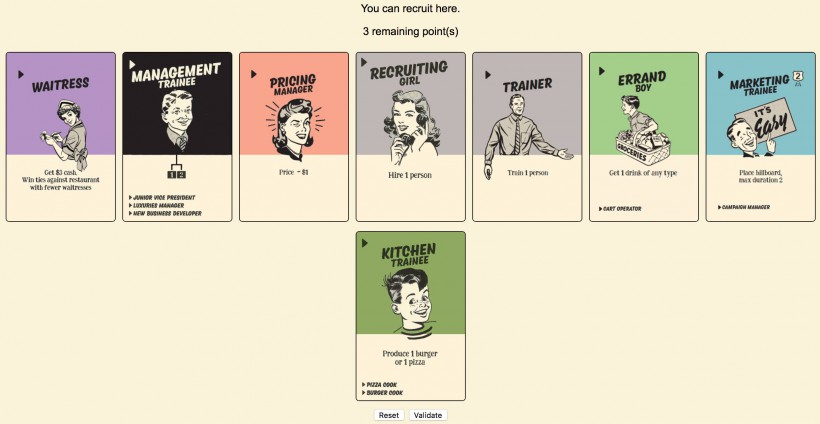The other day in my job search seminar class we discussed a topic that seems to make a lot of job-seeking, soon-to-be-graduates flinch: the increasing emphasis recruiters and employers place upon potential candidates’ social media pages. Of course this isn’t anything new, and a rather large number of the class seemed to have already planned for this fact. However the choice to not post (or to take down) that booze-fueled status message or picture that makes it seem like you’re not wearing any clothes is far from what’s causing me to worry. Instead I’m left with the perhaps slightly paranoid fear that maybe one of my biggest passions – writing critically about video games from a feminist perspective – might end up hurting me on an application.
It’s not a secret that potential employers may look at the content of what you post online. That includes your political affiliations and social causes just as much as it includes what movie you watched last night or what you had to eat for lunch. I make no secret to hide my devotion towards social justice and how it intersects with my gaming (as you can tell from the blog), not that I really would ever be interested or denying them. But given the hostility of the general community and the harassment some women within the industry receive – which is often bared in silence – I worry. I worry that my activism, which I care so passionately about, might be turned into a potential liability or personal weakness. I worry that I wont be able, despite my experience or potential, to get into the very industry I dream of being in and that I want to help grow. I worry that because I don’t let sexism, racism, homophobia or any other discrimination slide both within the community and outside of it that I wont be seen as a good fit for a gaming company and its community. I worry about offending an employer, though that is certainly not my intention.
But I shouldn’t have to be anxious over whether critiquing video games and the industry that creates them for their problematic content or situations will possibly cost me a job. Pointing out offensive content that alienates an audience or demographic shouldn’t be seen as a negative. My opinion and perspective is valid and potentially constructive, even if there are those who see it as threatening or unwelcomed. While yes, there are certainly times I get annoyed, those feelings become my inspiration for change. They are fuel for creating an industry that is welcoming regardless of gender or race or sexuality; for developing games that offer proper representation for all gamers. They are a step towards dismantling the stigma that exists in gaming.
So while I can’t dismiss my concerns entirely, I can insist that being a feminist or openly sharing critique shouldn’t be seen as a niche social movement or a detriment to my professional identity. Rather than perhaps viewing it in a questionable light, I think it should be seen as something that can cause the industry to grow by helping to make it more inclusive, by creating more dynamic experiences for gamers, and by validating that all kinds of gamers are worthwhile and “belong.” Because the industry is built on change, and inclusion seems like a logical step.




